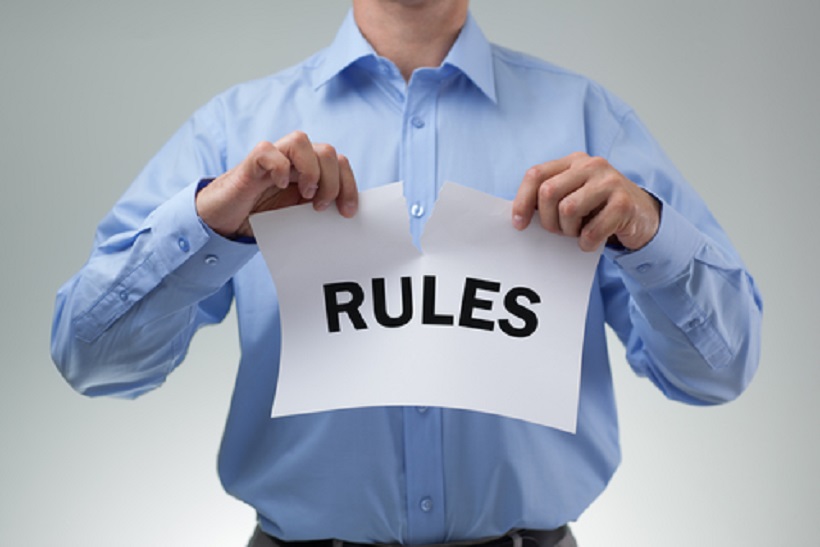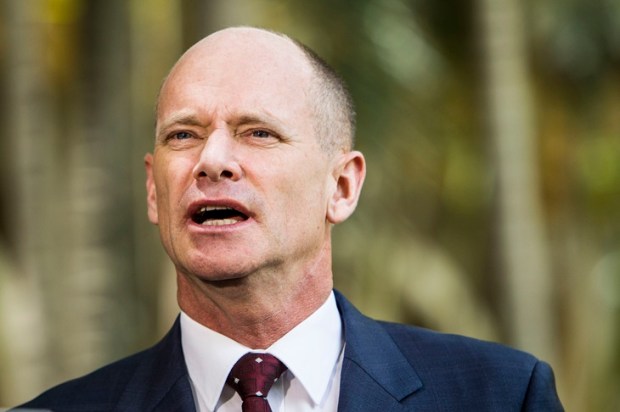Inevitably, when advocating for freedom of any kind, one is accused of being a champion of certain lifestyle choices or political attitudes. If you fight to protect freedom of speech, for example, it is assumed that this means you’re a bigot or racist, because you believe that it’s more beneficial for society that bigots and racists are free to speak their minds without sanction by the state.
I suppose it’s easy to make such an assumption. On the face of it, it may seem that freedom of speech allows for the freedom of expression of all sorts of abominable opinions. After-all when people advocate for a cause, it means they are after a particular outcome and it often means minimising or suppressing opposing points of view.
But with freedom it’s different. Being for freedom means that you desire for individuals the freedom to think things or do things that you don’t necessarily approve of.
Take prostitution for example. On a personal level, I believe that prostitution is harmful to the people on both sides of the equation. Commercialisation of intimacy is a band-aid solution to underlying problems that mean people must seek out a human connection in such a way. But I do not support the prohibition of prostitution. Why? Because my moral judgment is not justification for the state to forbid mutually consensual interactions between individuals.
Another example is bicycle helmet laws. Supporters of this law say that not wearing a helmet is unsafe, that a head injury will be a burden on the health system and that people should think of the impact on their loved ones if they get injured while bicycling without one. These may all be valid points, and there is nothing wrong with advocating that people should wear helmets. But supporting a law that compels people to, against their will, is the point at which personal freedom and individual autonomy are trampled on.
In a truly free society, the only legal restraints on personal freedom that ought to be exercised are those that stop people from harming others or their property. The point at which your freedom stops is where it infringes on another’s freedom. A crime should have a victim. Laws that require certain behaviour, whether it be on a moral basis (prostitution law), or on a public health basis (bicycle helmet laws), or both (drug prohibition) infringe upon the right of people to make their own decisions and to live their lives how they see fit. They seek to change behaviour that doesn’t directly harm others.
As we have seen throughout history prohibition doesn’t work. The ‘war on drugs’ is one such example. Prohibiting the use of certain substances doesn’t stop people using them and results in a criminal black market of ‘bootleggers’ who are beneficiaries of existing drug laws. Human beings by their very nature do not wish to be restrained. They seek autonomy and freedom. The best parenting advice recommends allowing your teenagers to make their own mistakes, as painful as that may be. In the making of mistakes, lessons are learned. Coercion and control are less effective.
That is not to say that advocating for freedom means endorsing hedonistic lifestyles or licentiousness. It doesn’t stop you speaking out against lifestyle choices that you believe are unhealthy or damaging. What it means, is that you don’t think people should be compelled to make the best choices, against their will. After all, being forced to behave a certain way by law doesn’t change how people think and feel; it doesn’t change minds.
Ultimately all laws are enforced at the point of a gun, even the smallest infractions. If you are fined for not wearing a bicycle helmet and you refuse to pay the fine you will be summonsed to court. Failure to comply with the court process will see you facing gaol time. Resisting arrest and incarceration will result in force being used against you; potentially deadly force. Can such force really be justified for a law designed to protect people from making a ‘bad’ lifestyle choice?
Ayn Rand once said, ‘Morality pertains only to the sphere of man’s free will—only to those actions which are open to his choice.’ If a man isn’t free to make racist remarks on social media, then he isn’t fully free to choose to refrain. If the aim of progress if to improve human societies, then man will have to learn to love his neighbour, and loving one’s neighbour isn’t something that can be induced at the point of a gun.
Nicola Wright is editor at LibertyWorks.
Got something to add? Join the discussion and comment below.

























